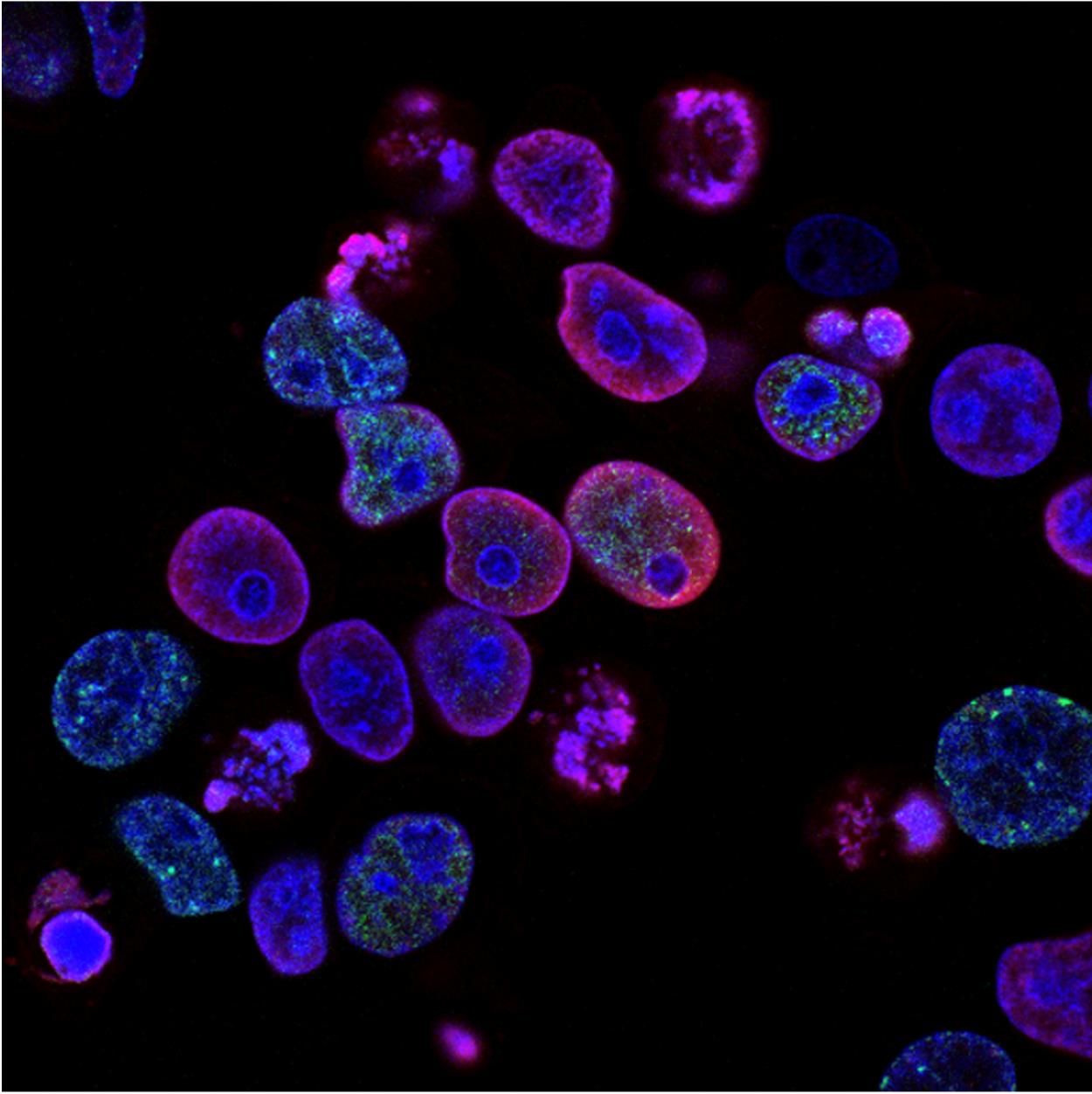(MENAFN- News Direct) --News Direct--
By Meg Flippin, Benzinga

In what could prove to be a transformational development in cancer treatment, Vivos (OTCQB: RDGL), the maker of the RadiogelTM Precision Radionuclide Therapy, submitted an application to the U.S. Food and Drug Administration (FDA) to initiate human clinical trials.
The Investigational Device Exemption (IDE) application is an amendment addressing the FDA's comments about the company's previous application. Once it's granted approval, Vivos can begin testing its therapy on humans to treat solid metastatic tumors, particularly in lymph nodes associated with papillary thyroid cancer.
How RadioGel Works
RadioGel , a pioneering Yttrium-90-based injectable brachytherapy device, represents what the company says is a groundbreaking approach to cancer treatment. It is designed for patients who are either not eligible for surgery or have chosen not to undergo the procedure, particularly those with non-radioiodine avid disease and limited burden regional nodal disease. The therapy involves directly injecting a hydrogel containing Yttrium-90 phosphate microparticles into the tumor. This method allows for a more localized and potent radiation treatment compared to traditional external-beam radiation therapies.
First Filing Since Breakthrough Device Designation
The application marks Vivos' first filing with the FDA since being granted FDA Breakthrough Device Designation for the RadiogelTM Precision Radionuclide Therapy. The Breakthrough Devices Program by the FDA is designed to accelerate the development and review of innovative technologies that show potential for more effective treatment options. The program's support is instrumental in hastening patient access to promising medical advancements like RadioGel. The technology behind RadioGel allows for the safe delivery of higher doses necessary for treating non-resectable and radiation-resistant cancers. The product also boasts a short half-life, delivering over 90% of its therapeutic radiation within ten days.
That will be welcome news to cancer sufferers, given other treatments can require up to six weeks for a full course of radiation therapy. Additionally, the outpatient nature of the RadioGel therapy means patients can return home without concerns about radiation exposure to family members.
Vivos Is Ready
Since receiving that status, Vivos said the communication with the FDA has improved further, which is important to ushering this treatment along. The IDE filing includes reports on two studies – RadioGel genotoxicity and the retention of RadioGel at the injection site in VX2 tumors in rabbits. Vivos said the IDE submission addressed the 63 FDA comments received in previous FDA correspondences. In some cases, the company repeated underlying testing to strengthen its answers with current data.“We are mindful that most of the twelve FDA reviewers have joined in the past two years and we anticipate they will have some comments after reviewing the extensive material in our filing, which we are prepared to address promptly,” said Dr. Michael Korenko, President and CEO of Vivos.“We are eager to secure the FDA's IDE approval so that we can submit our plan to the Mayo Clinic's Independent Review Board (IRB) for clearance to initiate the first in human clinical trials. This is an exciting time for Vivos and we are committed to bringing a new treatment option to patients in the fight against challenging cancer types. Initially our collaboration with Mayo will be targeting solid metastatic tumors in lymph nodes associated with papillary thyroid cancer.”
Vivos, in collaboration with the Mayo Clinic, is working hard to develop treatments to fight challenging cancer types, offering hope and potentially more effective treatment options to people around the globe. The IDE application puts it one step closer to realizing that dream.
Featured photo by National Cancer Institute on Unsplash .
Vivos Inc. has developed a Yttrium-90-based injectable Precision Radionuclide Therapy brachytherapy device to treat solid tumors in animals (IsoPet®) and humans (RadioGelTM). Using the company's proprietary hydrogel technology, brachytherapy uses highly localized radiation to destroy cancerous tumors by placing a radioactive isotope directly inside the treatment area. The injection delivers therapeutic radiation from within the tumor without the entrance skin dose and associated side effects of treatment that characterize external-beam radiation therapy. This feature allows the safe delivery of higher doses needed for treating non-resectable and radiation-resistant cancers.
This post contains sponsored content. This content is for informational purposes only and is not intended to be investing advice.
Contact Details Michael K. Korenko
...
Company Website
View source version on newsdirect:
MENAFN02072024005728012573ID1108399607
Legal Disclaimer:
MENAFN provides the information “as is” without warranty of any kind. We do not accept any responsibility or liability for the accuracy, content, images, videos, licenses, completeness, legality, or reliability of the information contained in this article. If you have any complaints or copyright issues related to this article, kindly contact the provider above.